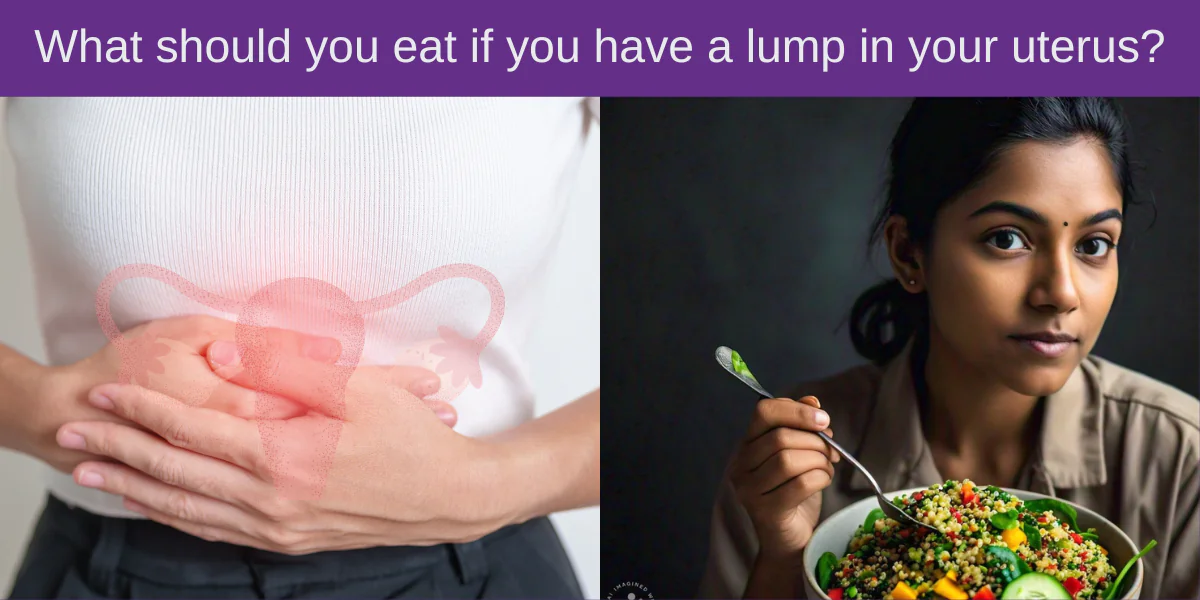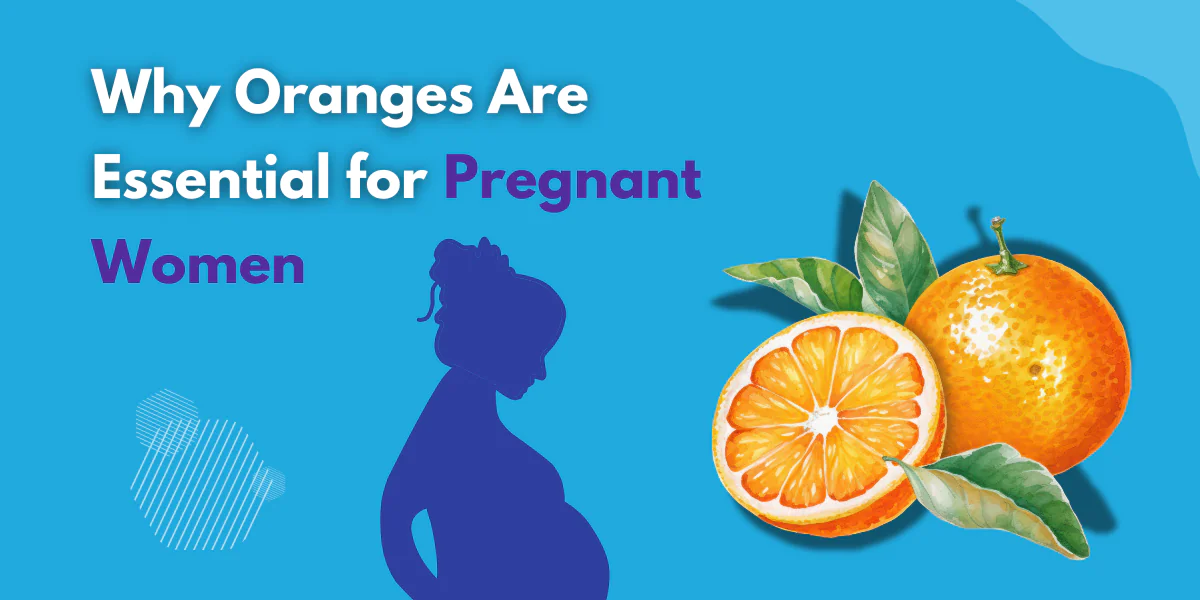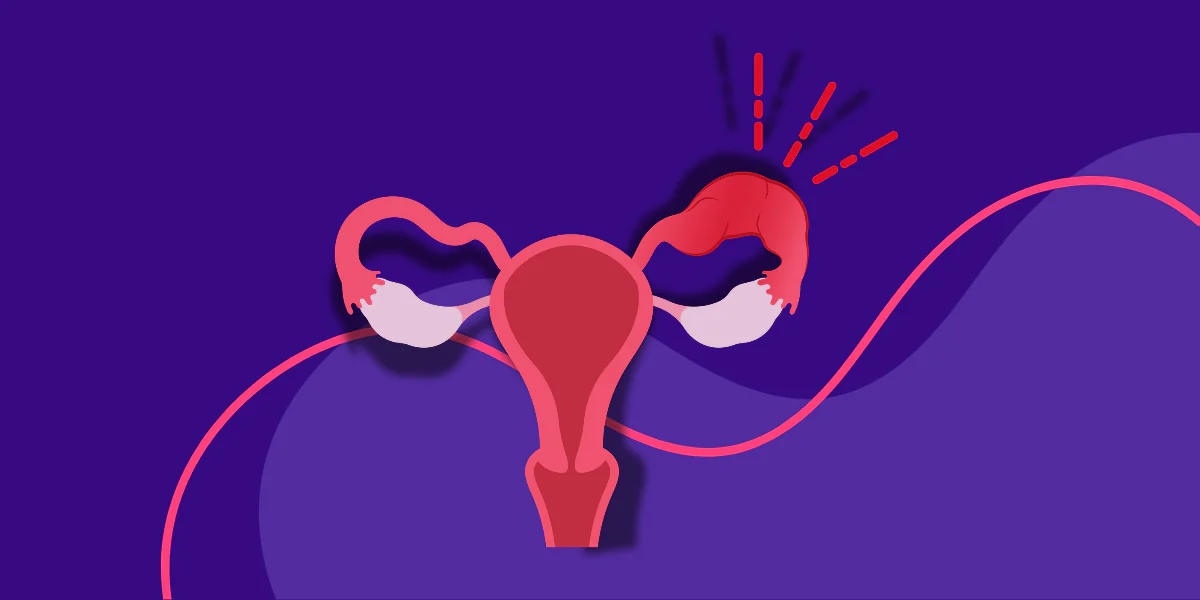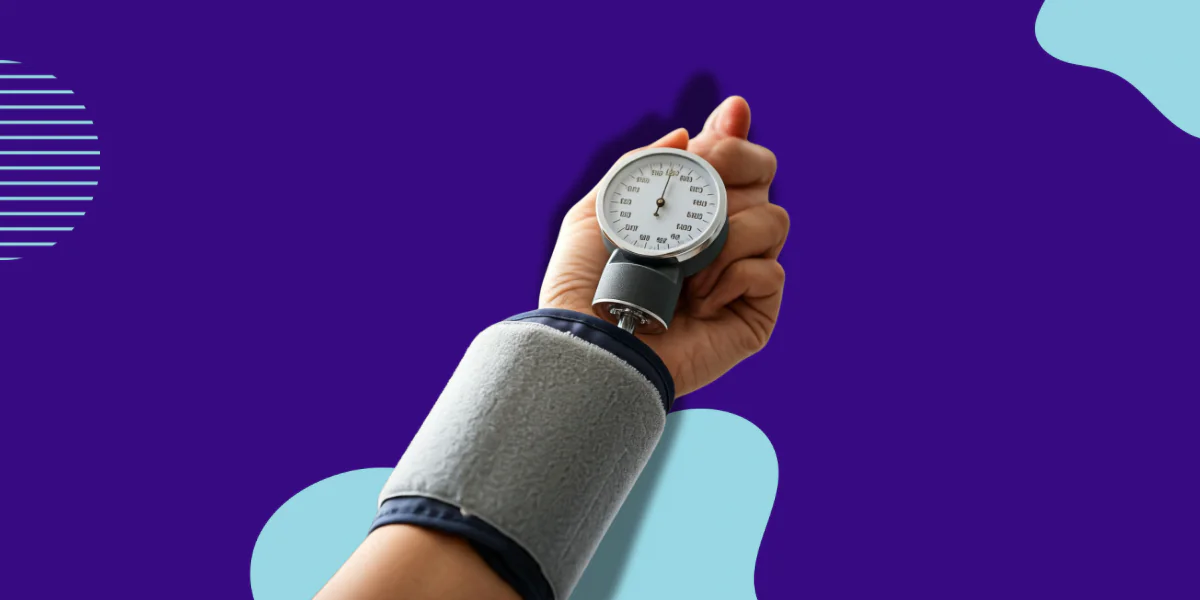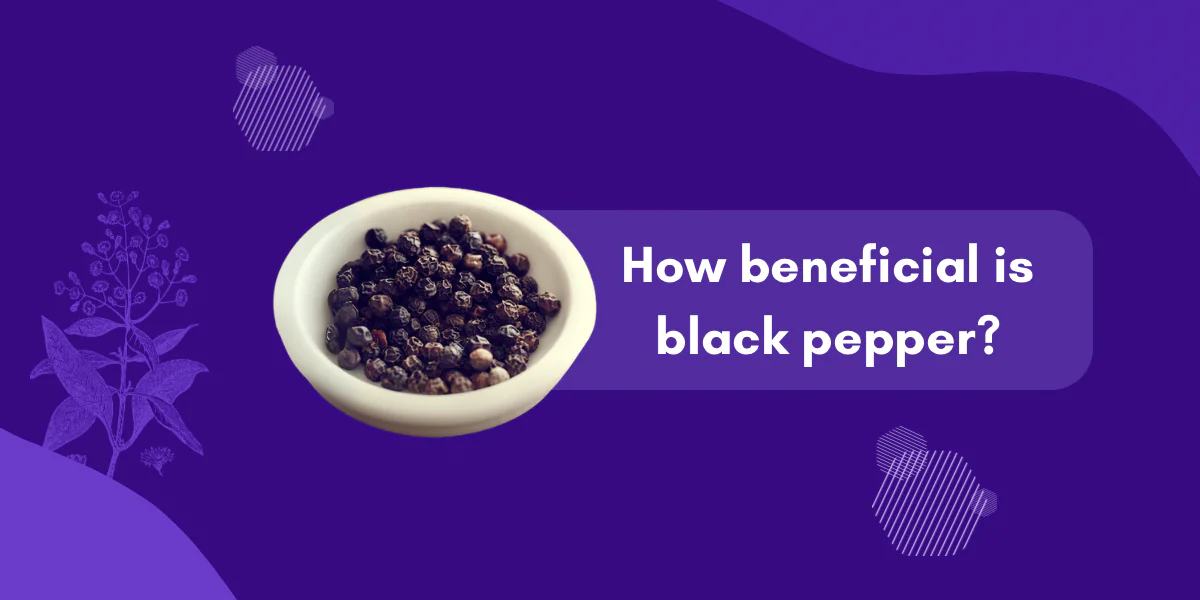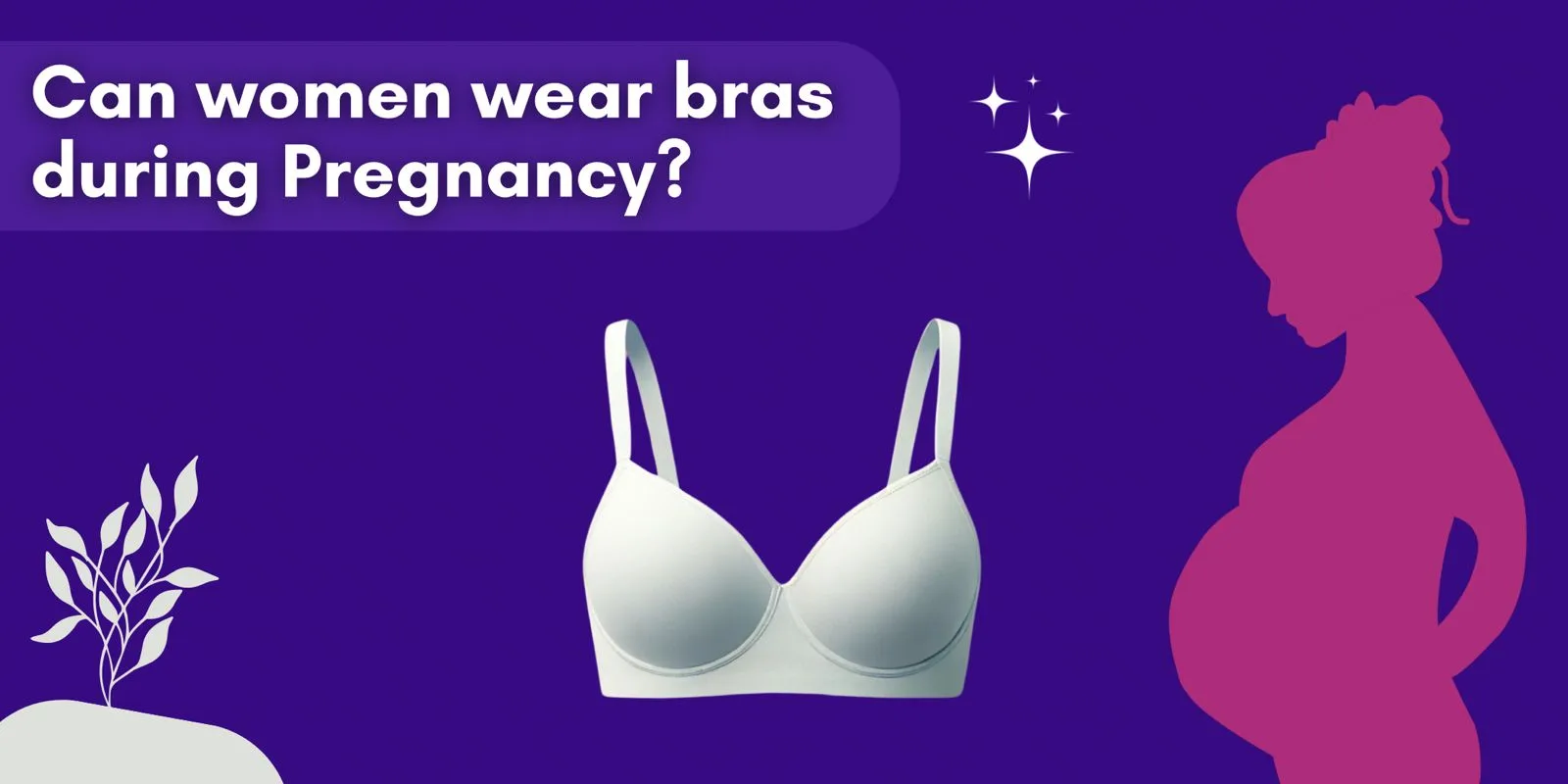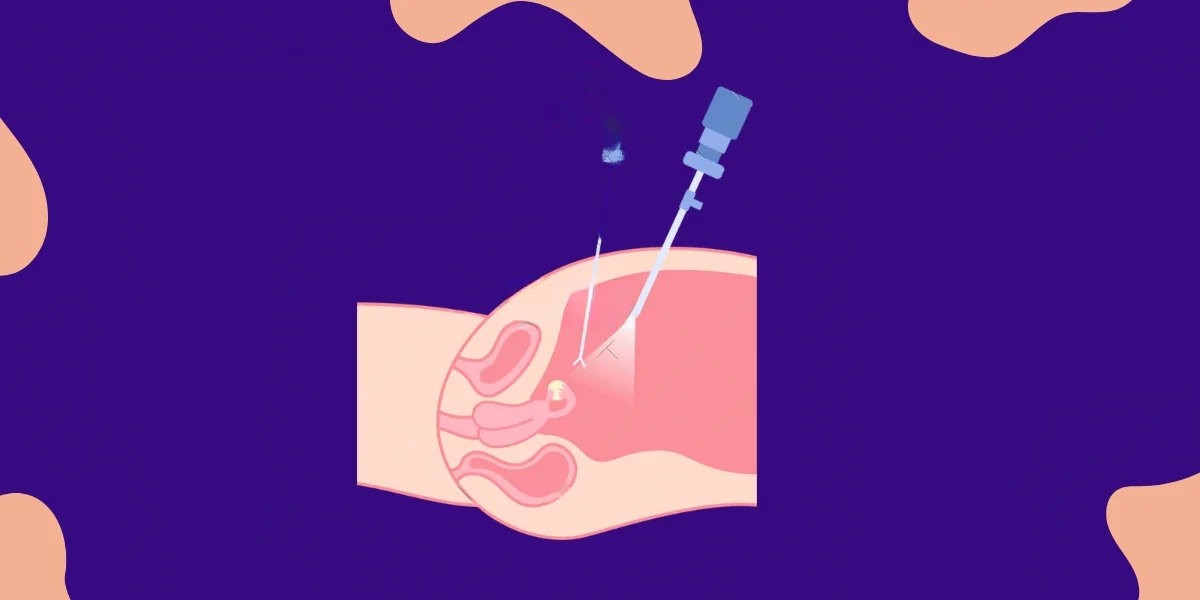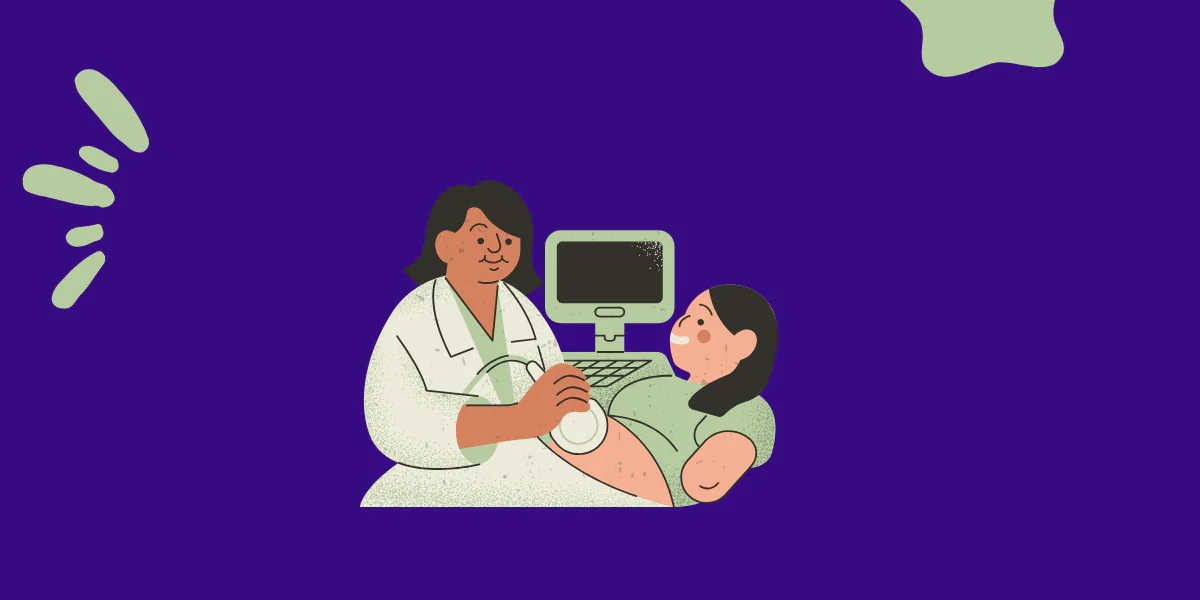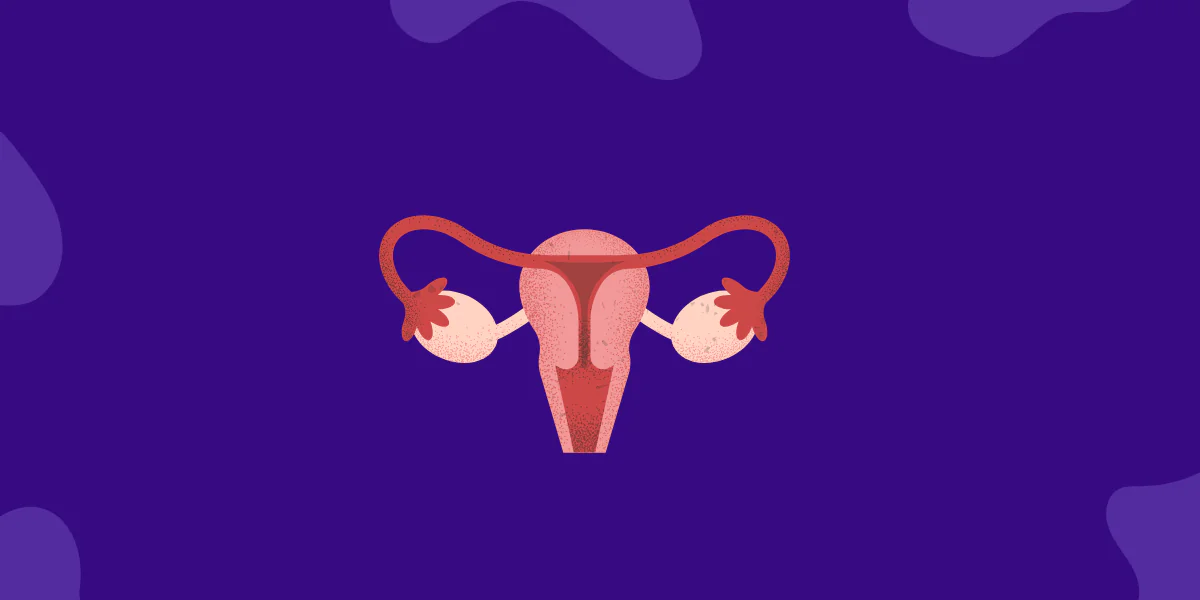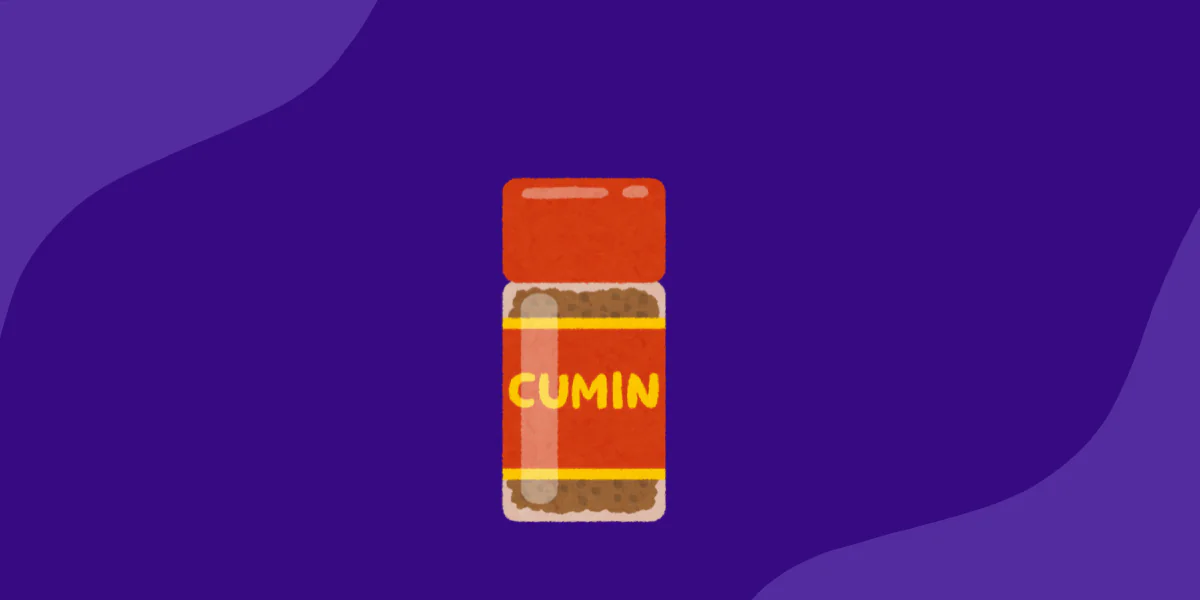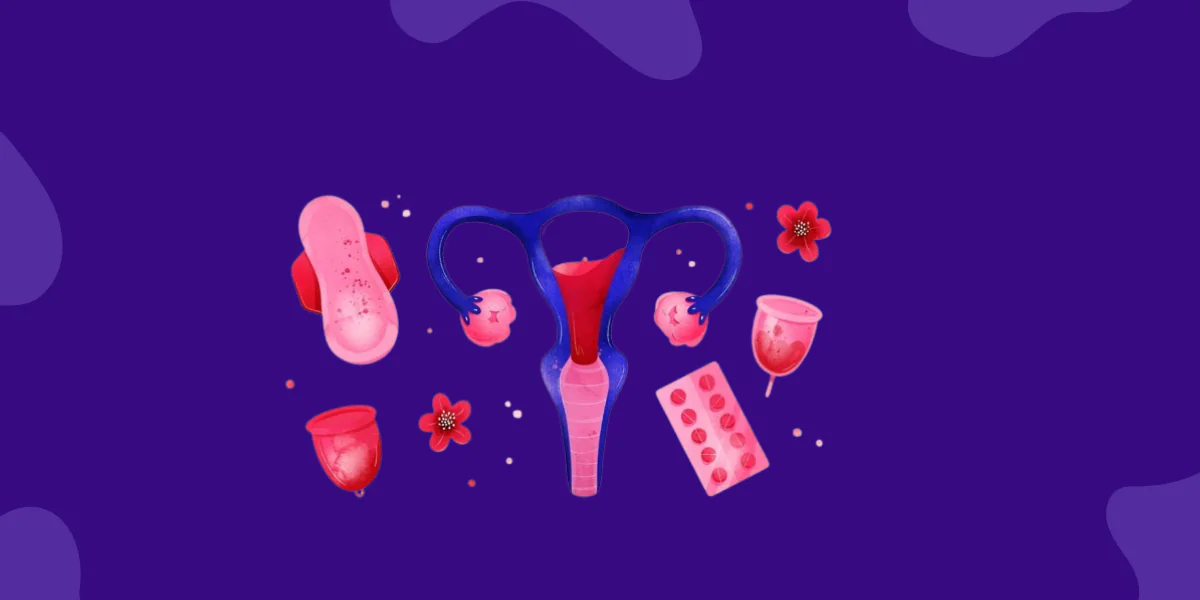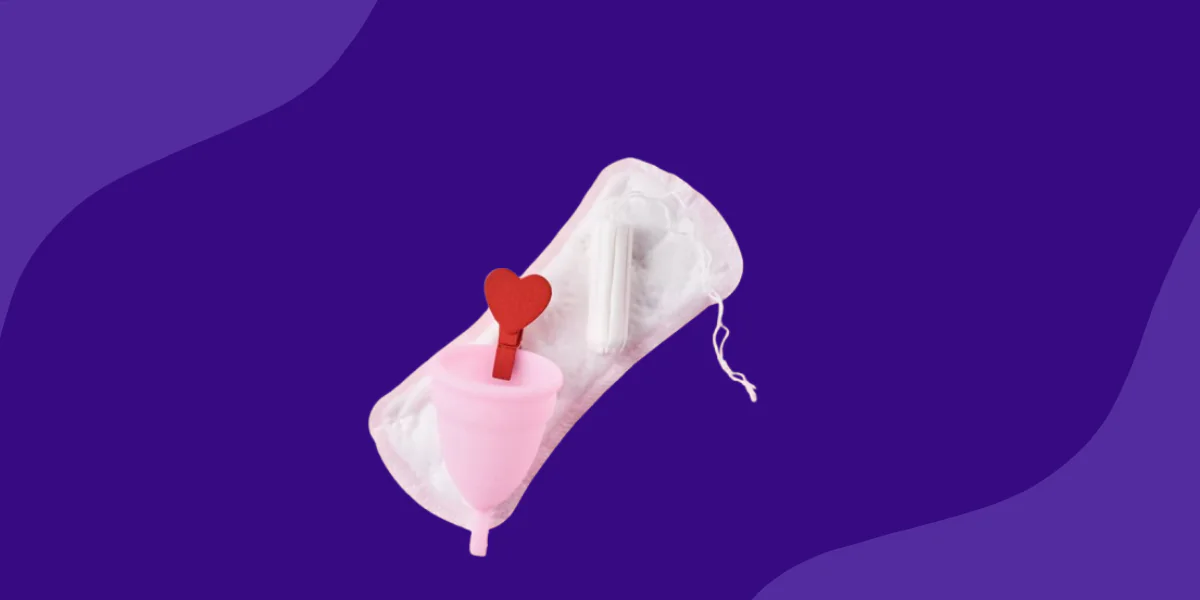Uterine lumps, such as fibroids or polyps, can affect women’s health significantly. Research indicates that dietary choices can influence the growth and symptoms of these lumps. This listicle presents essential dietary recommendations to help manage uterine lumps effectively. By following these tips, women can support their reproductive health and potentially alleviate symptoms.
1. Include Anti-Inflammatory Foods
Incorporating anti-inflammatory foods into your diet can help reduce inflammation associated with uterine lumps. Foods rich in antioxidants, such as berries, leafy greens, and fatty fish, are excellent choices. Turmeric and ginger are also powerful anti-inflammatory spices to include in your meals. Research from the Journal of Nutrition highlights that a diet rich in these foods may reduce the risk of developing uterine fibroids .
2. Add Fiber-Rich Foods
Fiber plays a crucial role in hormonal balance and digestive health. Foods high in fiber, such as whole grains, legumes, fruits, and vegetables, help regulate estrogen levels, which can be beneficial for women with uterine lumps. A study published in Obstetrics & Gynecology found that a high-fiber diet could lower the risk of uterine fibroids . Aim to include at least 25-30 grams of fiber daily.
3. Incorporate Healthy Fats
Healthy fats, like those found in avocados, nuts, seeds, and olive oil, support hormone production and can help reduce inflammation. Omega-3 fatty acids, in particular, found in fatty fish (like salmon) and flaxseeds, are known for their anti-inflammatory properties. Consuming these fats can promote overall reproductive health.

4. Limit Processed Foods and Sugars
Processed foods and refined sugars can exacerbate inflammation and hormonal imbalances. Try to minimize your intake of fast food, sugary snacks, and beverages. Instead, opt for whole, unprocessed foods. The American Journal of Clinical Nutrition suggests that a diet low in processed foods may be linked to reduced incidence of fibroids and other reproductive issues .
5. Stay Hydrated
Staying well-hydrated is vital for maintaining healthy bodily functions. Drinking sufficient water helps flush out toxins and supports optimal hormone function. Aim for at least 8-10 glasses of water daily, and consider herbal teas, such as chamomile or peppermint, for added benefits.
6. Maintain Balanced Meals
Creating balanced meals that include a variety of food groups ensures you get essential nutrients. Focus on meals that combine protein, healthy fats, and complex carbohydrates. For example, a quinoa salad with chickpeas, mixed vegetables, and olive oil provides a balanced intake of nutrients that can support reproductive health.

7. Seek Professional Guidance
Before making significant dietary changes, consult with a healthcare provider or a registered dietitian. They can help create a personalized meal plan tailored to your specific health needs. This is especially important if you have existing health conditions or are on medications, as dietary choices can interact with treatments.
8. Consider Herbal Supplements
Certain herbal supplements, like Vitex (Chaste Tree) and green tea extract, have shown potential benefits for women’s reproductive health. However, it’s essential to discuss these with a healthcare provider before use, as they may not be suitable for everyone.
By following these dietary guidelines, women can take proactive steps in managing their health regarding uterine lumps. A balanced diet can not only help alleviate symptoms but also support overall well-being.
Read also: Essential Nutrition Principles Every Woman Should Follow Daily
Medical Disclaimer: This article is for informational purposes only and is not a substitute for professional medical advice. Always consult with a healthcare provider for personalized recommendations.

